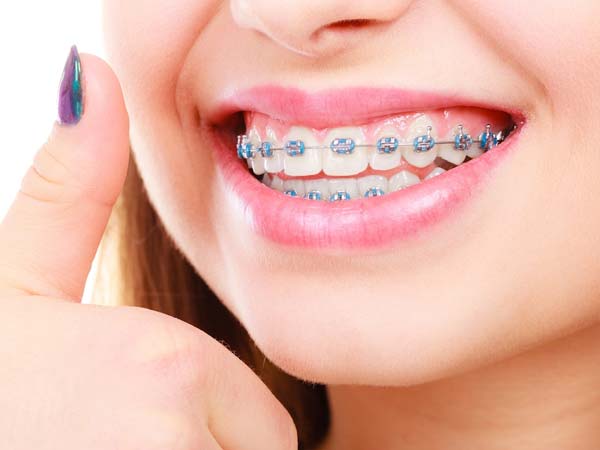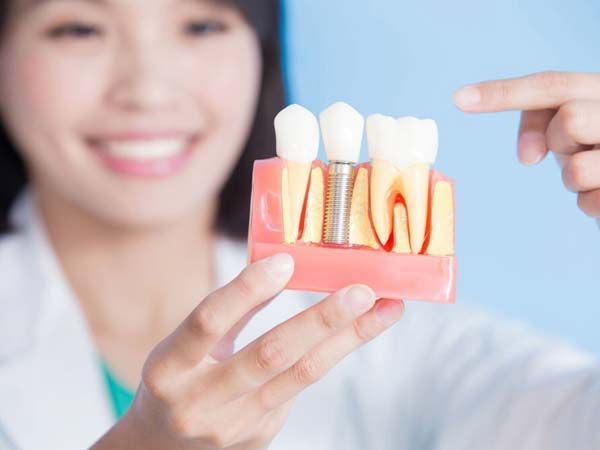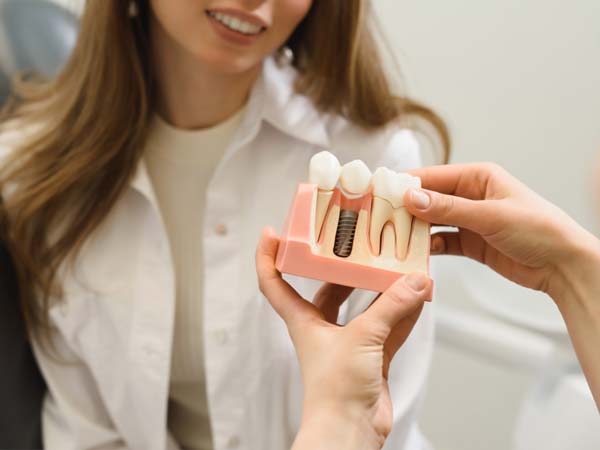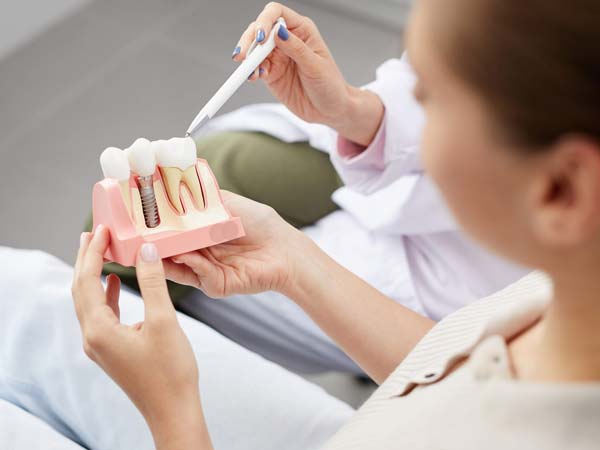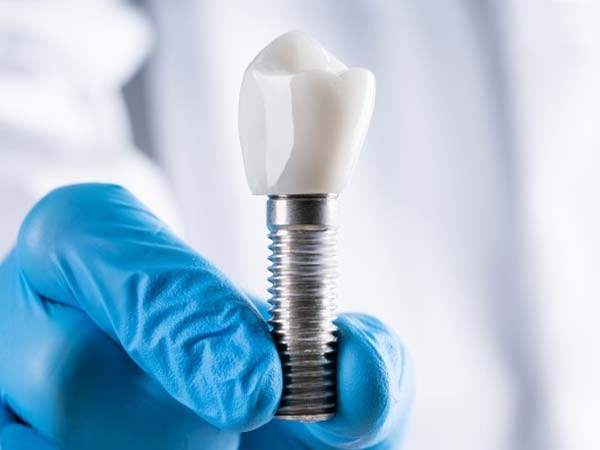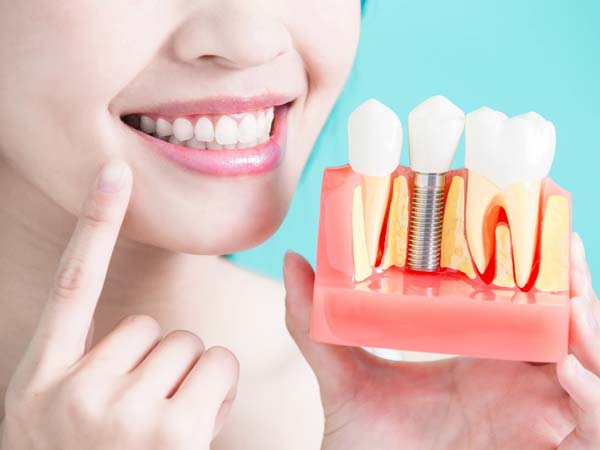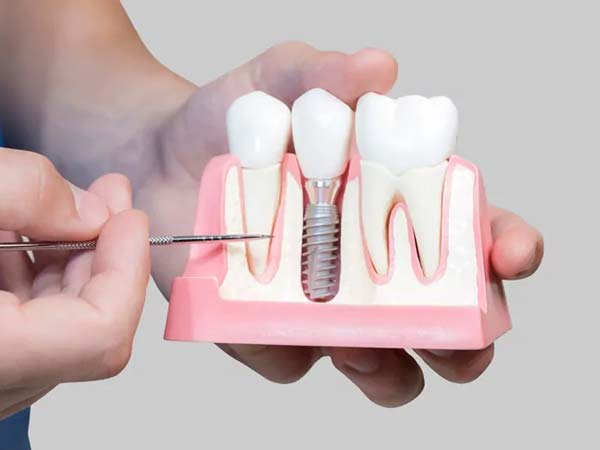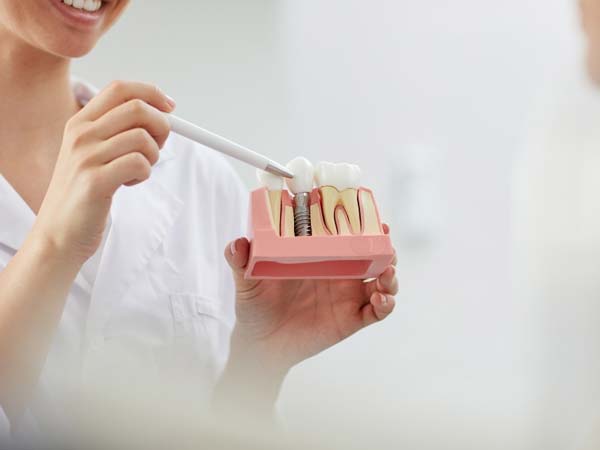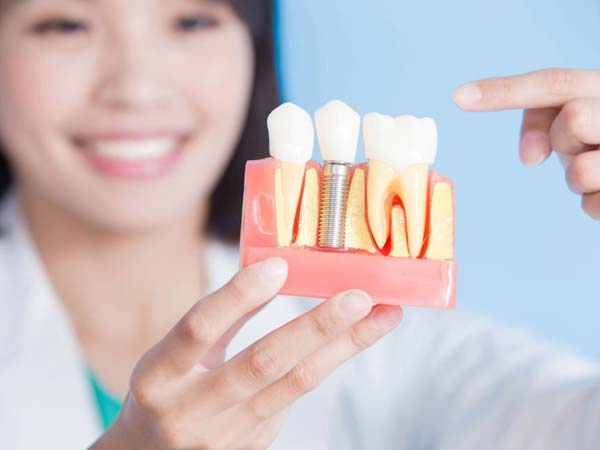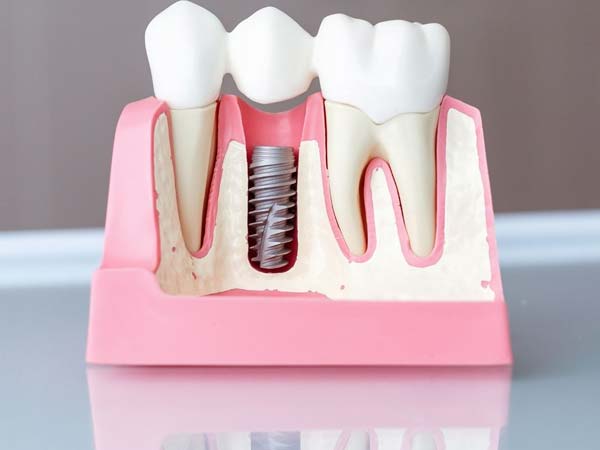
Keyhole Implants: A Minimally Invasive Solution for Missing Teeth
Losing a tooth can have a significant impact on your smile, oral health, and self-confidence. Thankfully, modern dentistry offers innovative solutions to restore missing teeth, and keyhole implants are one such option. Keyhole implants, also known as minimally invasive implants or flapless implants, provide a less invasive and more efficient approach to tooth replacement. Let’s explore keyhole implants in more detail and understand why they are a popular choice for restoring missing teeth.
Understanding Keyhole Implants:
Keyhole implants involve the placement of dental implants without the need for traditional surgical flap elevation. Unlike conventional implant placement, which requires an incision and lifting of the gum tissue, keyhole implants utilize a minimally invasive technique that offers several advantages.
The Keyhole Implant Procedure:
- Initial Consultation: During your initial consultation, your dentist will evaluate your oral health, discuss your tooth replacement needs, and determine if keyhole implants are suitable for you. They will review your medical history, perform a thorough examination, and may take dental X-rays or 3D scans to assess your bone density and implant placement possibilities.
- Treatment Planning: After assessing your oral health, your dentist will develop a customized treatment plan. This plan will consider the number of missing teeth, the condition of your jawbone, and other factors that may affect the success of the implant procedure.
- Implant Placement: On the day of the procedure, your dentist will administer local anesthesia to ensure your comfort. Using advanced technology and guided implant placement techniques, they will create a small access point in the gum tissue without the need for extensive incisions or flaps. Through this keyhole, the dental implant will be precisely positioned into the jawbone.
- Healing and Osseointegration: Once the implant is in place, a process called osseointegration occurs. This is the natural healing process in which the implant fuses with the surrounding bone, providing a stable and durable foundation for the replacement tooth.
- Prosthetic Attachment: After a suitable healing period, which may vary for each patient, your dentist will attach a custom-made dental crown, bridge, or denture to the implant. This prosthetic restoration will be designed to match the color, shape, and size of your natural teeth, ensuring a seamless and aesthetically pleasing result.
Benefits of Keyhole Implants:
- Minimally Invasive: The keyhole implant technique minimizes the need for extensive incisions and flap elevation, resulting in reduced post-operative discomfort, swelling, and healing time. It allows for a more comfortable and efficient implant placement process.
- Preserves Healthy Tissue: With keyhole implants, healthy gum tissue is preserved as there is minimal disruption to the surrounding tissues. This helps maintain a natural and esthetically pleasing gum line.
- Higher Precision: Guided implant placement technology used in keyhole implant procedures allows for precise and accurate positioning of the implants, ensuring optimal stability and longevity of the restoration.
- Versatility: Keyhole implants can be used to replace a single missing tooth, multiple teeth, or even an entire arch of teeth. They offer versatility in addressing various degrees of tooth loss.
- Long-lasting Solution: Keyhole implants provide a durable and long-lasting tooth replacement solution. With proper care and maintenance, they can last for many years, providing improved oral function and a confident smile.
Consultation with a Dental Professional:
If you are considering tooth replacement options, including dental implants, consult with a dental professional experienced in keyhole implant procedures. They will assess your specific needs, explain the procedure in detail, and determine if keyhole implants are the right choice for restoring your missing teeth.
Rediscover your smile, regain your confidence, and enjoy the benefits of a complete and functional set of teeth with keyhole implants.
FAQs (Frequently Asked Questions)
- Are keyhole implants suitable for everyone? Keyhole implants are generally suitable for most patients who require tooth replacement. However, it’s important to have a comprehensive dental examination to determine if you have adequate bone density and overall oral health to support the implants. Your dental professional will assess your specific situation and recommend the most suitable treatment options for you.
- How long does the keyhole implant procedure take? The duration of the keyhole implant procedure can vary depending on the complexity of the case, the number of implants being placed, and other factors. In general, the procedure can be completed in a single visit, but the total treatment time, including healing and prosthetic attachment, may span several months.
- Is the keyhole implant procedure painful? Keyhole implant procedures are typically performed under local anesthesia, ensuring that you experience minimal discomfort during the procedure. After the anesthesia wears off, you may experience some soreness or discomfort, which can be managed with over-the-counter pain medications.
- How long do keyhole implants last? With proper care, keyhole implants can last a lifetime. It’s essential to maintain good oral hygiene practices, including regular brushing, flossing, and professional dental cleanings. Regular check-ups with your dental professional are also crucial to monitor the health of your implants and surrounding tissues.
- Can keyhole implants be used to replace multiple missing teeth? Yes, keyhole implants can be used to replace a single missing tooth, multiple missing teeth, or even a full arch of missing teeth. Your dental professional will determine the most appropriate treatment plan based on your specific needs and the condition of your oral health.






